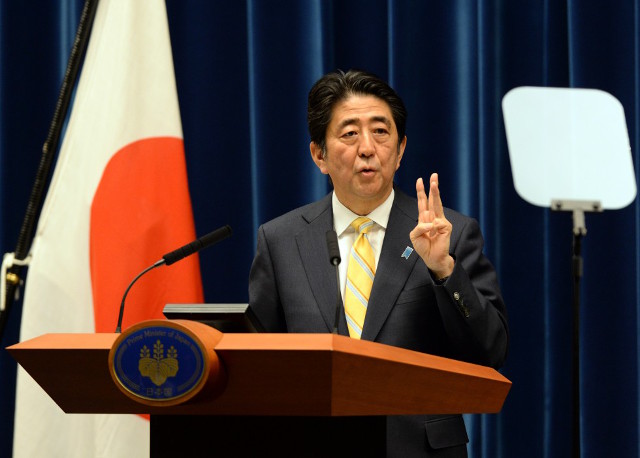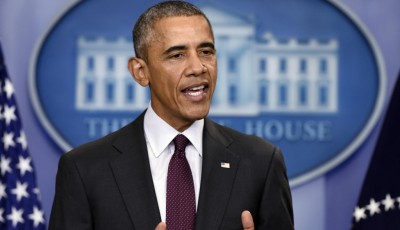China highly critical of Abe’s ‘evasive’ WWII anniversary statement
In a 25-minute speech which was broadcast live on Friday, the nationalist Abe acknowledged Japan inflicted “immeasurable damage and suffering” on innocent people during its invasion and occupation of East Asia during and before World War Two.
Emperor Akihito struck a more apologetic tone than Abe, with an expression of remorse for the nation’s wartime aggression. “History can never be covered up”. The pyrotechnics were to honor the war’s victims and celebrate 70 years of peace and friendship. His father, Hirohito, was the monarch when Japan surrendered on August. 15, 1945.
It also said 44 per cent of respondents thought Japan had apologised enough over the war, while 31 per cent thought it had not.
In her speech on Saturday marking the end of Japan’s 35-year colonization of the Korean peninsula, South Korean President Park Guen-hye said Abe’s speech did not meet her expectations.
On Saturday, Tomomi Inada, policy chief of the ruling Liberal Democratic Party, Haruko Arimura, minister in charge of female empowerment and gender equality, internal affairs minister Sanae Takaichi and disaster management minister Eriko Yamatani paid a visit to the war-linked Yasukuni Shrine in Tokyo’s Chiyoda Ward. More broadly, Tokyo has also been keen to put to rest the ghost of its wartime atrocities, with some going so far as to downplay or deny the use of “comfort women”-or sex slaves – in military brothels”.
Visits to Yasukuni by Japanese top politicians outrage China and South Korea because the shrine honours 14 Japanese leaders convicted as war criminals by an Allied tribunal, along with war dead.
“Japan should have given a clear account of the nature of the aggression war launched by Japanese militarists and its responsibility, offered honest apologies to people of countries that suffered in the war, and broken with the militarism past rather than glossing over history”, said Foreign Ministry spokesperson Hua Chunying.
In Seoul, while celebrations of the “liberation” of Korea took place, protesters also burnt placards containing the face of Mr Abe outside the Japanese embassy – a sure sign of the depth of feeling that exists over this issue.
And in North Korea, clocks were set back 30 minutes on Saturday to so-called Pyongyang time to remove the country from a shared timezone established under Japanese colonial rule.
“Instead of offering an unambiguous apology, Abe’s statement is rife with rhetorical twists… dead giveaways of his deep-rooted historical revisionism, which has haunted Japan’s neighborhood relations”, the Xinhua article says.
His sentiments were repeated 10 years later by then-Prime Minister Junichiro Koizumi.












